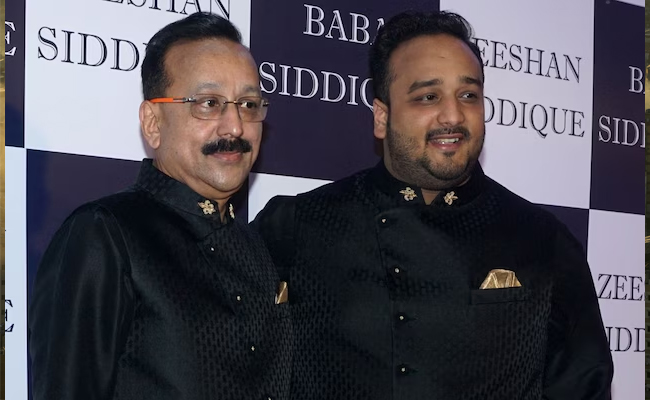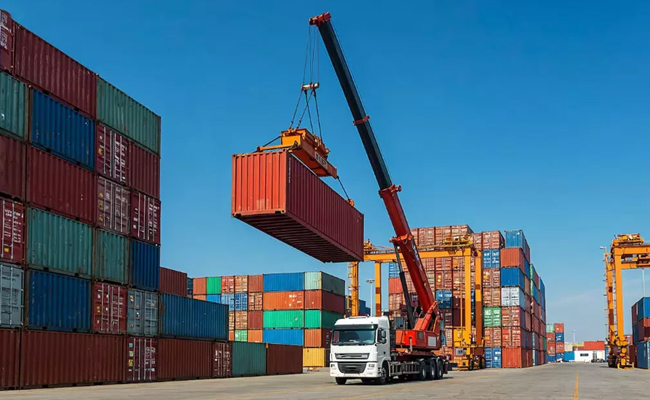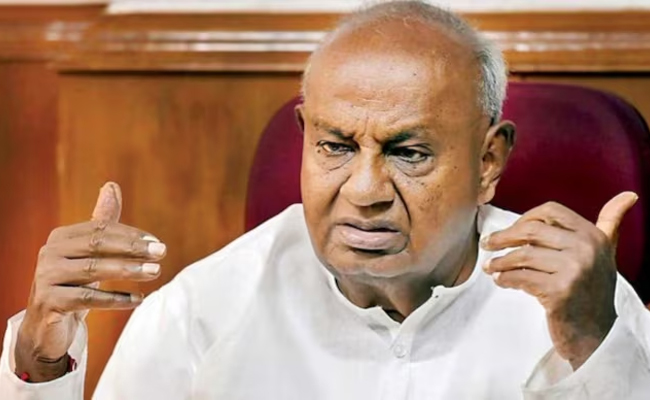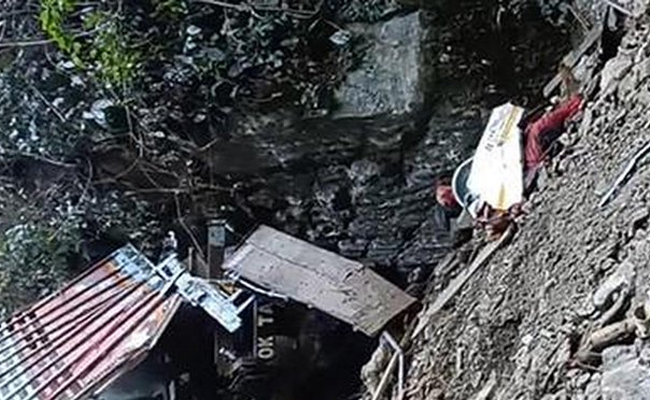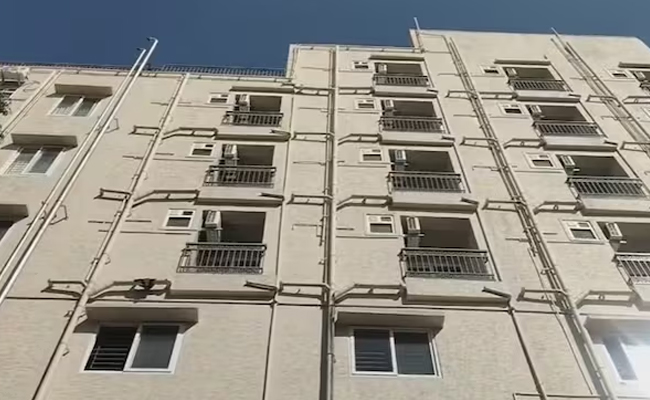Mumbai (PTI): The Ajit Pawar-led NCP on Friday released its second list, comprising seven candidates including MLA Zeeshan Siddique and two former BJP MPs, for the upcoming Maharashtra assembly elections.
Zeeshan Siddique, whose father and NCP leader Baba Siddique was shot dead earlier this month, will contest from Bandra East, which he had won in 2019 on a Congress ticket. He also joined the NCP.
The legislator on Thursday criticised the decision of the Shiv Sena (UBT), a partner of Congress in the opposition Maha Vikas Aghadi (MVA), to field Varun Sardesai in his constituency for the November 20 polls, saying staying together was never in their nature.
Zeeshan had been suspended from Congress for cross-voting in the recent legislative council elections. His father and Congress veteran Baba Siddique had crossed over to the NCP, a constituent of the ruling Mahayuti coalition, earlier this year.
Former BJP MP Pratap Chikhalikar, who lost the Lok Sabha polls from Nanded, has been nominated from Loha.
BJP ex-MP Sanjay Kaka Patil, who unsuccessfully contested from Sangli in the general elections, has been given an NCP ticket. He also joined the party on Friday.
Sanjay Kaka Patil will face off with NCP (SP) candidate Rohit Patil, son of late NCP leader R R Patil, in Tasgaon-Kavathe Mahankal constituency in Sangli district.
Nishikant Patil will take on NCP (SP) state president Jayant Patil in Islampur, while Sana Malik, daughter of former minister Nawab Malik, has been nominated from Anushakti Nagar in Mumbai.
NCP has given the ticket to Sunil Tingre from Wadgaon Sheri in Pune.
It has picked Dnyaneshwar Katke from Shrirur. Until recently, Katke was the Pune district chief of the Uddhav Thackeray-led NCP (SP).
Earlier, NCP had released its first list featuring 38 candidates. NCP, BJP and Eknath Shinde-led Shiv Sena are the constituents of the ruling Mahayuti coalition in Maharashtra.
Elections to the 288-member Maharashtra assembly will be held on November 20 and votes will be counted on November 23.
Let the Truth be known. If you read VB and like VB, please be a VB Supporter and Help us deliver the Truth to one and all.
New Delhi (PTI): India has proposed a preferential trade agreement (PTA) with Mexico to help domestic exporters deal with the steep tariffs announced by the South American country, a top government official said on Monday.
Mexico has decided to impose steep import tariffs - ranging from about 5 per cent to as high as 50 per cent on a wide range of goods (about 1,463 tariff lines) from countries that do not have free trade agreements with Mexico, including India, China, South Korea, Thailand and Indonesia.
Commerce Secretary Rajesh Agrawal said that India has engaged with the country on the issue.
"Technical level talks are on...The only fast way forward is to try to get a preferential trade agreement (PTA) because an FTA (free trade agreement) will take a lot of time. So we are trying to see what can be a good way forward," he told reporters here.
While in an FTA two trading partners either significantly reduce or eliminate import duties on maximum number of goods traded between them, in a PTA, duties are cut or removed on a limited number of products.
Trading partners of Mexico cannot file a compliant against the decision on imposing high tariffs as they are WTO (World Trade Organisation) compatible.
The duties are within their bound rates, he said, adding that their primary target was not India.
"We have proposed a PTA because its a WTO-compatible way forward... we can do a PTA and try to get concessions that are required for Indian supply chains and similarly offer them concessions where they have export interests in India," Agrawal said.
ALSO READ: Mexico's Congress approves higher tariffs on goods from India, China and non-FTA nations
Citing support for local production and correction of trade imbalances, Mexico has approved an increase in MFN (most favoured nation) import tariffs (5-50 per cent) with effect from January 1, 2026 on 1,455 tariff lines (or product categories) within the WTO framework, targeting non-FTA partners.
Preliminary estimates suggest that this affects India's around USD 2 billion exports to Mexico particularly -- automobile, two-wheelers, auto parts, textiles, iron and steel, plastics, leather and footwear.
The measure is also aimed at curbing Chinese imports.
India-Mexico merchandise trade totalled USD 8.74 billion in 2024, with exports USD 5.73 billion, imports USD 3.01 billion, and a trade surplus of USD 2.72 billion.
The government has been continuously and comprehensively assessing Mexico's tariff revisions since the issue emerged, engaging stakeholders, safeguarding the interests of Indian exporters, and pursuing constructive dialogue to ensure a stable trade environment benefiting businesses and consumers in both countries.
ALSO READ: Search operation ends in Anjaw truck accident, 20 bodies recovered
Federation of Indian Export Organisations (FIEO) Director General Ajay Sahai has said that Mexico's decision is a matter of concern, particularly for sectors like automobiles and auto components, machinery, electrical and electronics, organic chemicals, pharmaceuticals, textiles, and plastics.
"Such steep duties will erode our competitiveness and risk, disrupting supply chains that have taken years to develop," Sahai said, adding that this development also underlines the little urgency for India and Mexico to fast-track a comprehensive trade agreement.
Domestic auto component manufacturers will face enhanced cost pressures with Mexico hiking duties on Indian imports, according to industry body ACMA.

